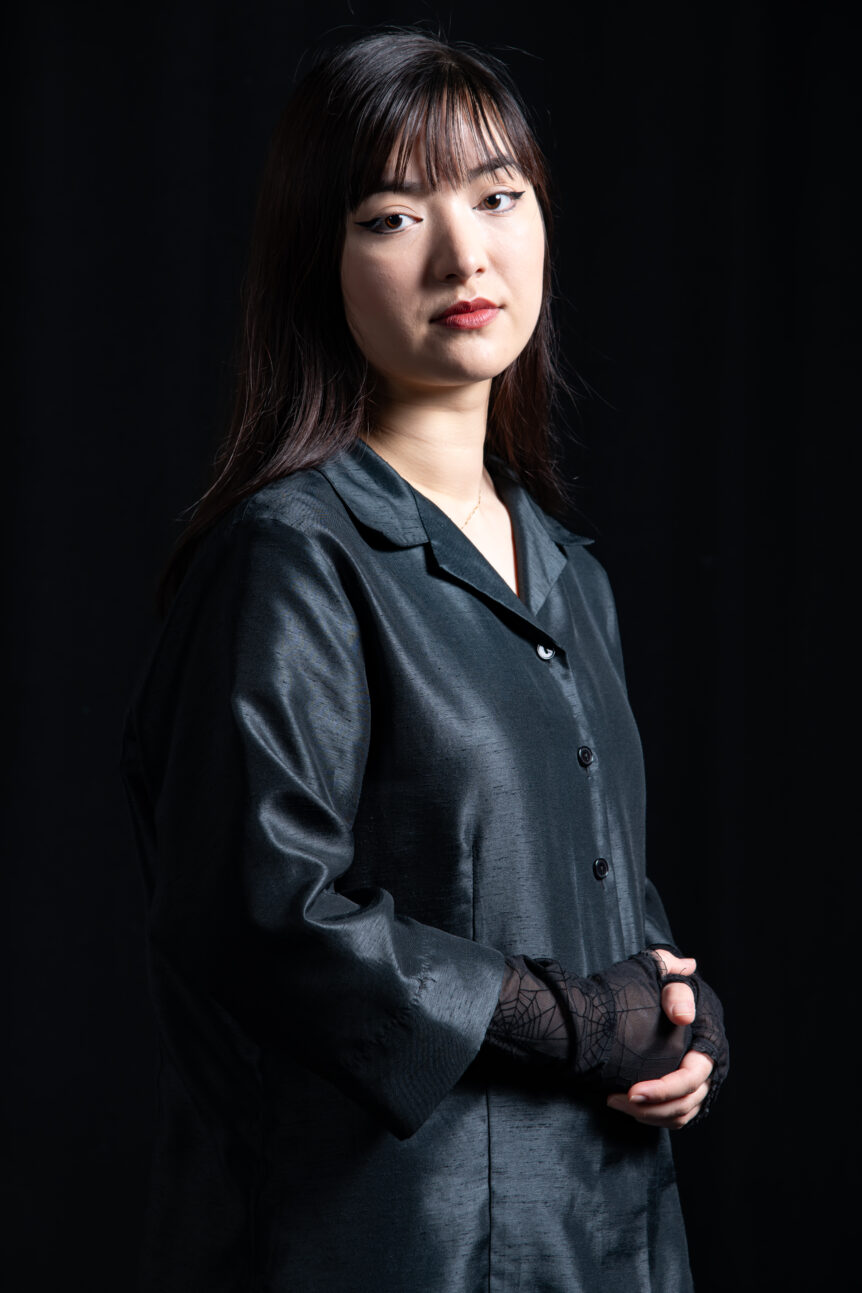How did you develop your craft?
When I started out I was reading a lot. I was reading poetry from New Zealand, people who might be considered contemporaries, and I think I absorbed some of the various styles evident in the work I was reading.
When I started off writing poetry, I was using bits and pieces, you might say I plagiarised material, from the poetry I was reading. Over the years I have refined my craft, developed my own style, my own voice. That has tended to develop through collaborations. I send a lot of my material to fellow young poet Jackson McCarthy, and he sends his work to me. We critique each other’s work as harshly as we can and I think that is part of my development process.
With music is it much more disciplined?
With music you go through quite a structured process. I did my Trinity exams up to Grade 8 and then I completed my undergraduate in Classical Performance and now I am in my 4th Year, my Honours year.
Generally in Classical Music, especially for opera singers, you need a Master’s to become a professional in your field. There is a lot of history, and quite a developed and prescriptive way of singing in the operatic tradition. It takes many years of training, of practice, to refine.
What about form and structure in your poetic writing?
I’ve never been the kind of poet who writes using traditional forms and structures. I don’t sit down to write sestinas or sonnets. It’s not that I don’t love reading that kind of poetry, but when I’m writing I really don’t start with form and structure. I have an initial spark and I follow that, and I really don’t follow any formalities. Once I have a draft, I edit. I impose some sort of structure on the poem through my editing process. I do have some discussion regarding line length and word selection with my poet friends, but I think I probably absorb things mainly from the reading I have done and that informs my editing process.
As an example, I have quite a long poem which emerged from doing a Modernist Literature course. I was reading T.S Eliot, and I was reading the novel, “Perfume” by Patrick Süskind. I think I was absorbing a lot of what I was reading at that time and that then found its way into the poem.
I do find it a tricky thing to talk about, the question of form of structure. I think I can say that I absorb things from my reading, and I include material which emerges from my own experiences, and my own thoughts, and somehow that finds its way into my poetic writing.
What about influences?
I have a weird combination of formative influences: Sappho the ancient Greek poet, Oscar Wilde, who I was obsessed with in my early years in high school and Chris Tse, a previous New Zealand Poet Laureate.
I think those writers encapsulate my interest in the lyrical form, history, the aesthetic movement, as well as the more modern tradition of free verse. And I also consider myself as writing in the New Zealand tradition of poetic writing.
And what have you produced so far?
I have a Chapbook which was written in my last year of high school and published in my first year of university by a small press, Tender Press.
I have an anthology I created of art by young New Zealanders. It was recorded as an album so it features poems and songs and lots of other material.
My latest collection, Mad Diva, was published through Otago University Press. That is a full length collection.

If you would like to see more of the work of Cadence Chung go to the link below
